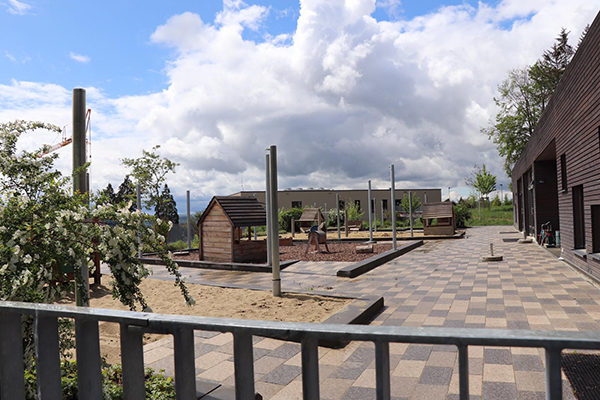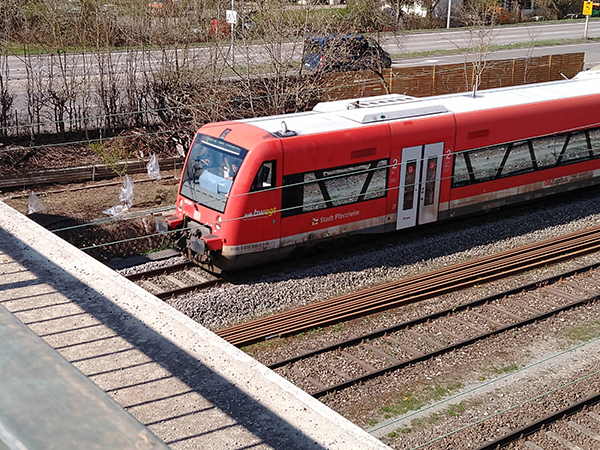Exactly 10 years after the introduction of the legal right to a daycare place for children after the age of one, the German Council of Experts on Integration and Migration (SVR) presents an analysis of how this law is being implemented for children with an immigrant background. According to the report, immigrant families are still at a disadvantage when it comes to daycare centers: The hurdles to finding a daycare place are higher for them, their children attend a daycare center less often than children without an immigrant background. According to figures from 2020, 40 percent of children under the age of three without an immigrant background were able to attend a daycare center nationwide, compared to only 20 percent of their peers from immigrant families. There is also a clear difference among children over the age of three: while almost every child without an immigrant background attends a Kita, only four out of five children with an immigrant background do. Mohini Lokhande, one of the researchers of the SVR, summarizes the results: “A comparison of demand and actual childcare rates shows that migrant families are interested in childcare offers, but that the hurdles for them are higher than for other families. For example, migrant families are sometimes disadvantaged by institutions when it comes to allocating places—a long-standing assumption that was confirmed by a recently published study. In addition, “Socially disadvantaged parents, who continue to include a disproportionate number of families with a migrant background in Germany, face the problem that they often cannot afford the cost of a daycare place and the formalities for applying seem complicated.”
At the same time, families with a migrant background could benefit decisively from support through early childhood education. In general, daycare centers are seen as a motor for integration, because studies show that children have developed more linguistic competencies after a longer visit to a daycare center and are generally more likely to be classified as ready for school in the school entrance examination than if they have not attended a daycare center or have only attended one for a short time.
In order to bring about a change in the existing situation, the authors of the SVR call for the identified obstacles to be removed and for targeted language support to take place in daycare centers. Multilingualism among children must be understood as a strength. Finally, the known shortage of skilled workers in the daycare sector could be countered by recognizing the relevant experience and qualifications of new immigrants and then hiring them. This would also apply to refugee professionals.
To the full press release of the Council of Experts: SVR-Presseinformation_10-Jahre-Kitaplatzanspruch.pdf (svr-migration.de)
The Council of Experts on Integration and Migration is an independent and interdisciplinary body of scientific policy advice.
tun23081801
Kindergarten in Tübingen. Foto: tünews INTERNATIONAL / Mostafa Elyasian.
001969




